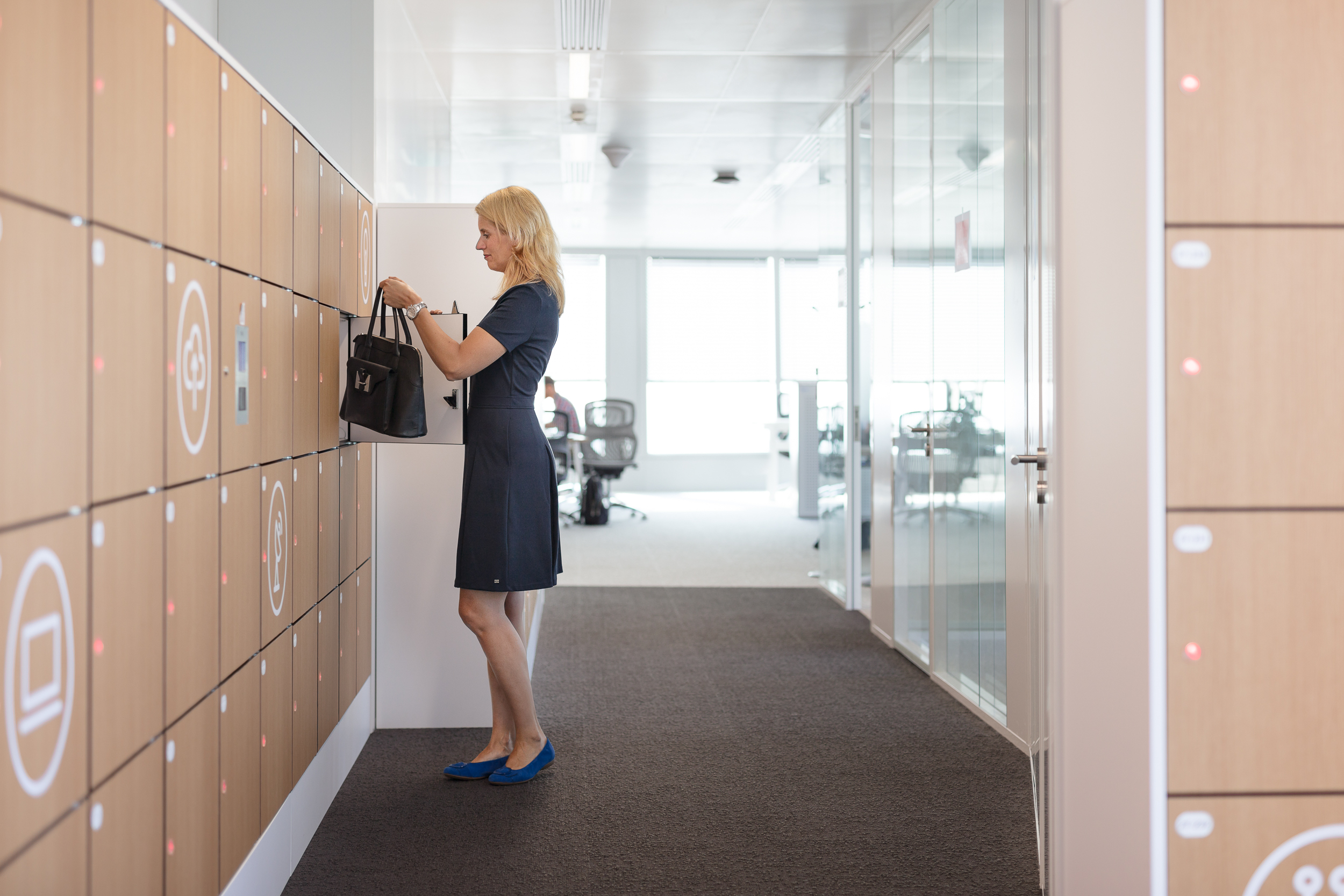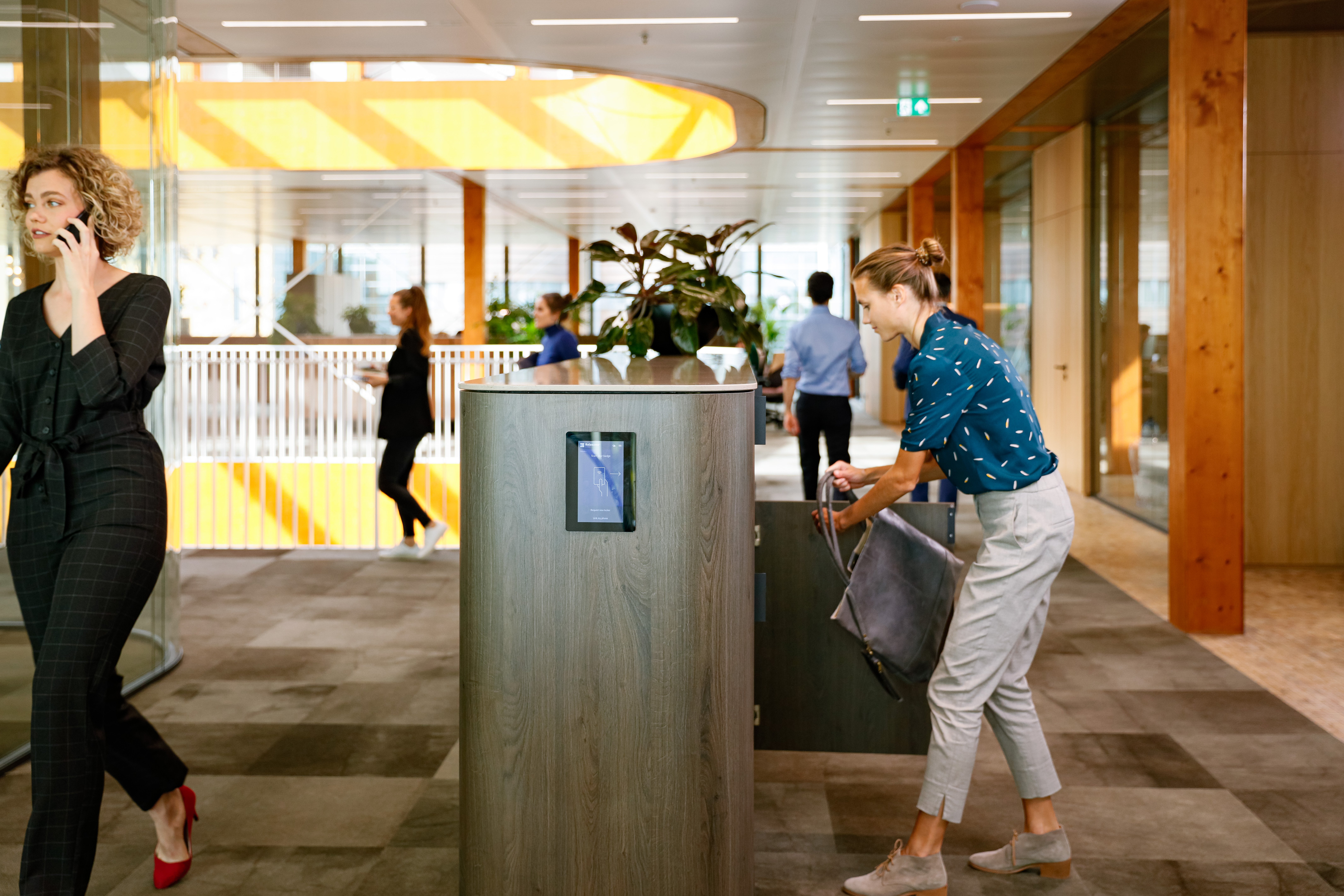Congestion is largely about peak hour traffic
Roads and public transportation are being stretched to their limits - during peak hours, that is. Largely following traditional work hours, commuters participate in traffic during the same hours every day, which creates the all too familiar peak traffic.
In alleviating peak hour congestion, the focus is therefore on commuters. Suggested solutions include congestion tax, encouraging car sharing and alternative ways to commute, such as public transport and cycling. These suggestions all follow the assumption that commuters need to travel to work, and at set hours. An alternative approach to the issue could be to enable commuters to avoid travel during peak hours and even travel less through flexible working strategies.
Flexible working to alleviate peak hour congestion
Flexible working refers to arrangements that enable employees to adjust the number of hours they work, the scheduling of those hours, or the place of work. Through flexible working, employees could adjust travel times to avoid peak hour traffic or work remotely and avoid traffic altogether.
With technology like laptops, highspeed internet and the cloud enabling flexible working, employees no longer need to travel to a fixed location to work. In a survey among employees from ten of Melbourne’s biggest employers, 58% of the participants indicated they could do at least half their work duties out of the office and 30% of the workers indicated 80% or more of their work duties could be performed remotely. Only 2% said none of their work could be performed from an alternative location.
Unused potential of flexible working
The concept of flexible working is not new, but not yet commonplace. A poll by Transportation Planning Board of the Washington area, U.S.A showed that 32% already included flexible working in the form of telework and an additional 18% said they would telework if permitted. Similarly, an Australian study found that, while 64% of workers were already benefitting from flexible working arrangements, 34% were not permitted to work remotely. A survey by Transport for London among London underground passengers indicated that 66% of the employers allowed flexible working hours. However, only 28% of the underground passengers had applied flexible working hours over the previous 12 months and when specifically asked about time flexibility, only 30% stated they were actually flexible in choosing their departure time.
It appears that there still is a lot of unused potential in flexible working strategies, for employees and employers on the one hand and to alleviate congestion on the other hand. A widespread adoption of flexible working would result in less commuting and a more even spread of commuters, potentially reducing congestion.
Flexible working or remote working, which is thought of leading to increased flexibility for organizations and better work-life balance, reflects the current trends of extreme mobility, need for freedom to decide when and where to work, and focus on well-being and employee satisfaction.




